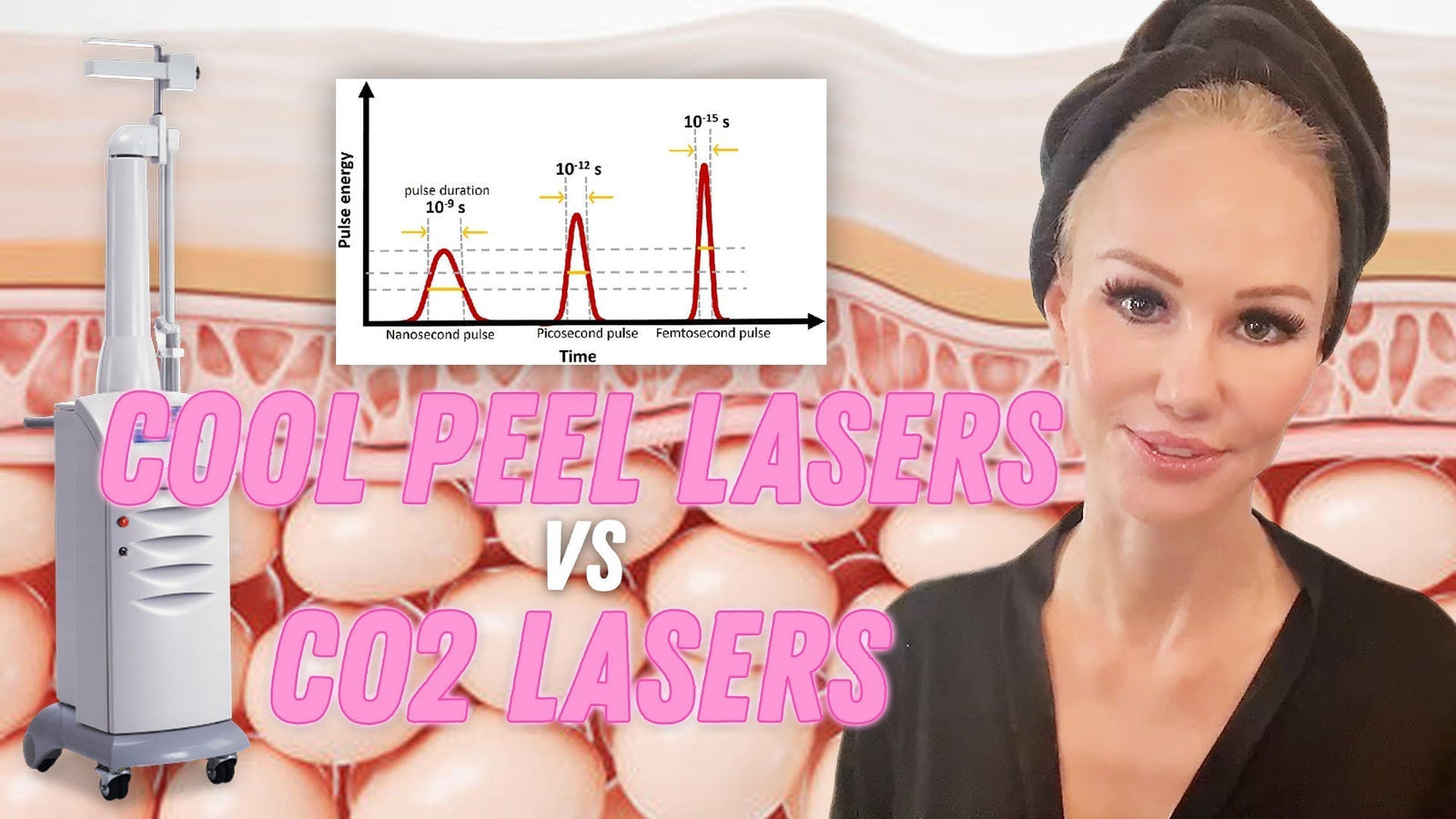Vitamin C serums are everywhere in the skincare world—but not all are created equal. Patients in my dermatology office ask me daily:
-
Is Vitamin C really worth it?
-
How do I know which Vitamin C serum is best?
-
Can it really help with my melasma and pigmentation?
To break it all down, I recorded a full YouTube video where I walk through what matters most when choosing a vitamin C serum. Watch the whole video here!
Why Vitamin C is a Skincare Essential
Vitamin C is one of the most researched ingredients in anti-aging skincare. When formulated correctly, it helps:
-
Fade melasma and hyperpigmentation
-
Brighten dull skin for that healthy even glow
-
Support collagen and elastin production
-
Minimize fine lines and pore size
-
Protect against environmental stressors
The key word is formulated correctly. Vitamin C is a delicate molecule that requires stability, the right pH, and proper packaging to actually work.
Forms of Vitamin C: What to Look For
Not all “vitamin C serums” contain the same type of vitamin C. The gold standard is L-ascorbic acid—the most effective and clinically studied form.
Other forms like THD ascorbate or dehydroascorbic acid exist, but they’re not as bioavailable. If the label doesn’t list L-ascorbic acid, think twice.
Packaging & Stability Matter
One of the biggest mistakes brands make? Packaging vitamin C in droppers or clear bottles. Exposure to air and light causes rapid oxidation, making the product less effective.
Look for serums in airtight, opaque containers that protect the ingredient’s potency. When stored properly, an effective vitamin C serum should last up to a year without losing strength even if it is showing color change.
How to Apply Vitamin C Serum
For best results:
-
Apply vitamin C first on clean, dry skin in the morning after washing.
-
Let it absorb for about a minute or two
-
Follow with a moisturizer and sunscreen.
Used consistently, you should notice visible improvements in brightness and pigmentation within a few weeks.
Vitamin C for Melasma
Vitamin C helps regulate melanin production, making it an excellent topical option for melasma. In more stubborn cases, I often combine it with in-office treatments like:
-
V-beam laser for redness
-
Pico or Fraxel 1927 for pigmentation
-
YAG lasers for deeper melanin
When paired with topical antioxidants like vitamin C and strict sun protection, results last longer and are more effective.
Affordable Vitamin C Serum Options
You don’t need to spend hundreds to get results. A few dermatologist-approved options include:
-
Timeless Vitamin C Serum (10% L-ascorbic acid, ~$26)
-
The Ordinary Vitamin C Suspension (23–25% L-ascorbic acid, ~$8)
Of course, premium formulations with advanced delivery systems can improve absorption and reduce irritation—but it’s possible to start effectively on a budget.
Final Takeaway
When shopping for a vitamin C serum, always check for:
-
Active L-ascorbic acid in 10–20% concentration
-
Protective packaging that prevents oxidation
-
A stable delivery system that penetrates the skin
Consistency is key. With daily use, vitamin C can transform skin texture, tone, and resilience.



